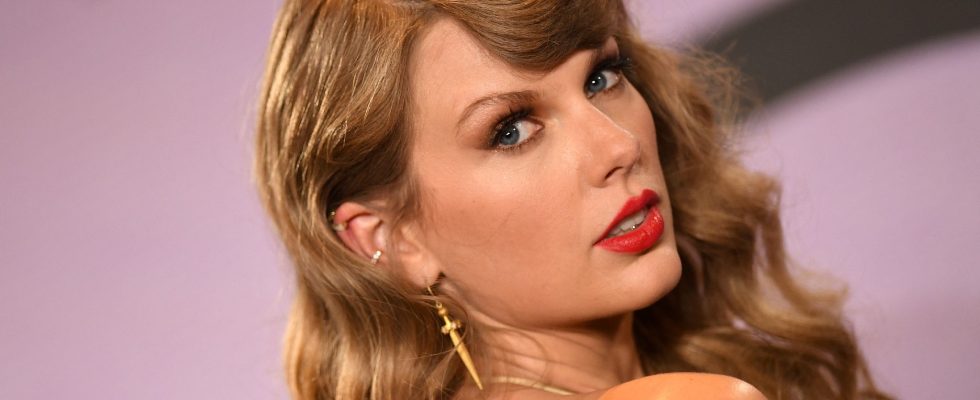There is no general economic crisis in the music sector, but an extreme polarization of positions with, at the very bottom of the pyramid, a very large majority of artists whose income is insufficient to live on, and, while high, artists who triumph as no one has ever triumphed before them. Nothing better illustrates this phenomenon of “Winner takes it all” than the phenomenal success of Taylor Swift.
The tour eras of the American singer already reaches 1 billion dollars of income, surpassing the record held by Elton John with his Farewell Tour. Each passage of the star in a city of the United States has measurable economic consequences. The governor of the Fed, the American central bank, Jerome Powell, even expressed himself recently on this subject, stressing that the staggering number of tickets sold illustrated the confidence of American consumers, but also the persistence of the inflationary risk. I can myself testify to this gap between supply and demand since I have been trying for weeks, with an energy equaled only by my failure, to obtain tickets for the singer’s performance in Europe next spring…
Runoff from hoteliers
During its show at Lincoln Financial Field in Philadelphia last May, the occupancy rate for downtown hotels reached 95%, pushing the average cost of a night to $447, according to the Federal Reserve of Philadelphia. city, which deemed it necessary to look into the subject. It was also necessary to increase the number of regional trains in circulation. Even Taylor Swift’s staff generated their own micro-impact. According to local sources, his team, after the concert, ordered a hundred cheesesteaks, for 1,200 dollars, and 75 pizzas. After her visit to Chicago, the city announced that the performance of the singer had exploded hotel reservations to a level never reached in the history of the city, with 44,000 rooms reserved each evening of concert.
Singer and entrepreneur
To fully understand the extent of the phenomenon, here are some key figures compiled by Codie Sanchez, one of the star investors in the United States. The average ticket price of the tour eras stands at $253. For each concert, 54,000 tickets are sold on average. As I write these lines, 250 million tickets have already been sold while three quarters of the tour has yet to take place. You also have to take into account that Taylor Swift sells t-shirts, sweatshirts and shirts, which amounts to around $2 million in merchandise revenue per show.
An artist can therefore earn a lot of money, provided he is an entrepreneur. This overlapping of tasks is natural in the United States. In very different fields, Jeff Koons, Jessica Alba or Snoop Dog are business leaders. The first, a visual artist, runs a workshop and also sells by-products. Actress Jessica Alba founded Honest Beauty, a cosmetics company. As for rapper Snoop Dog, he is the creator of Casa Verde Capital, an investment fund specializing in cannabis start-ups. In France, the artist must be financially disinterested. In the United States, he does business.
Just-in-time production
Swift has embarked on an incredibly demanding world tour. But, between 2019 and 2022, she also released six albums, including reissues! This author, composer and performer therefore publishes an average of several records per year. Common in the 1960s, this rate of releases has dropped considerably, including among stars, since the 1980s. Another singularity: the artist uses social networks sparingly but intelligently. She is, for example, past master in the art of teasing. This just-in-time production, coupled with straight-line communication, allows him to chain records on streaming platforms. His single Anti-hero has been listened to over a billion times on Spotify. In total, his hits can be streamed more than 200 million times in a day, more than 2 billion times in a month, or 14 billion times in a year, always on Spotify.
Work all the time, be a perfectionist, use innovations wisely, have a leadership mentality: Wagner, the Beatles and now Taylor Swift teach us the same lesson in economics.
